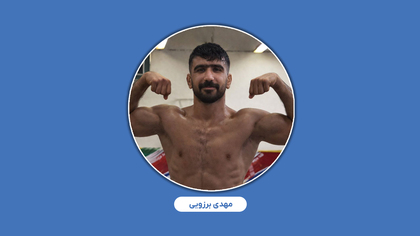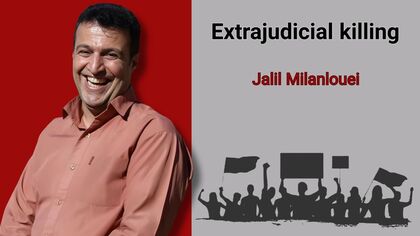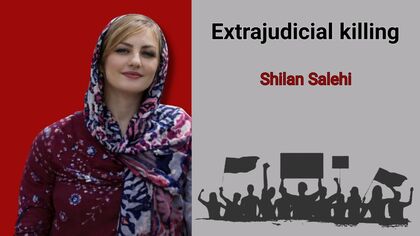“Halal” or “Clean” Internet in Iran!
15:29 - 14 May 2012

Kurdpa: The Iranian regime is planning to cut off its internet users from the rest of the world, called Halal or clean internet.
Iranians are already used to censors blocking Facebook, Gmail and foreign news sites, and being spied on with surveillance software purchased from Western companies.
But the ambitious plans would go much further, blocking access to foreign-based social media sites and email. Instead, there will be an Iranian version of Facebook and a new email service, to be called Iran Mail. Users will have to register their home address and social security number with police.
The plans have received the backing of the Supreme Leader Ayatollah Ali Khamenei, the most powerful man in Iran, who has denounced the internet as sinful and a means for the West to wage \"soft war\" by invading Iranian culture.
But his real target is anti-regime activists who have relied on the internet since the failure of the \"Green Revolution\" which followed the disputed 2009 election. Since then security has been so tight on Iran\'s streets that protests are broken up almost as soon as they start.
When the system, called Halal internet or National Internet by the regime, is introduced this summer only a few approved and carefully monitored businesses and government departments will have access to the World Wide Web. In effect Iran will have a giant, country-wide intranet, with cyber police blocking websites that are not approved.
The Iranian regime has been badly shaken by the use made of the internet by its own opponents and then by revolutionaries during the Arab Spring last year.
In particular mobile phone footage of a young woman called Neda Agha-Soltani, shot dead by government thugs in Tehran in 2009, spread rapidly on the internet, providing a powerful image to the world of the regime\'s brutality.
Amir Bayani, of anti-censorship group Article 19, said: \"The government doesn\'t want video of another Neda going viral, so controlling the internet is a priority for them.
\"People rely on the internet for information now. Nobody trusts official government news sources. The only uncensored information comes from blogs and Facebook, and that is under threat.
\"Businesses are worried the new system may hurt their profits, and I can only hope that their opposition will be enough to shelve these plans.\"
By Nick Meo
Source – The Telegraph
Iranians are already used to censors blocking Facebook, Gmail and foreign news sites, and being spied on with surveillance software purchased from Western companies.
But the ambitious plans would go much further, blocking access to foreign-based social media sites and email. Instead, there will be an Iranian version of Facebook and a new email service, to be called Iran Mail. Users will have to register their home address and social security number with police.
The plans have received the backing of the Supreme Leader Ayatollah Ali Khamenei, the most powerful man in Iran, who has denounced the internet as sinful and a means for the West to wage \"soft war\" by invading Iranian culture.
But his real target is anti-regime activists who have relied on the internet since the failure of the \"Green Revolution\" which followed the disputed 2009 election. Since then security has been so tight on Iran\'s streets that protests are broken up almost as soon as they start.
When the system, called Halal internet or National Internet by the regime, is introduced this summer only a few approved and carefully monitored businesses and government departments will have access to the World Wide Web. In effect Iran will have a giant, country-wide intranet, with cyber police blocking websites that are not approved.
The Iranian regime has been badly shaken by the use made of the internet by its own opponents and then by revolutionaries during the Arab Spring last year.
In particular mobile phone footage of a young woman called Neda Agha-Soltani, shot dead by government thugs in Tehran in 2009, spread rapidly on the internet, providing a powerful image to the world of the regime\'s brutality.
Amir Bayani, of anti-censorship group Article 19, said: \"The government doesn\'t want video of another Neda going viral, so controlling the internet is a priority for them.
\"People rely on the internet for information now. Nobody trusts official government news sources. The only uncensored information comes from blogs and Facebook, and that is under threat.
\"Businesses are worried the new system may hurt their profits, and I can only hope that their opposition will be enough to shelve these plans.\"
By Nick Meo
Source – The Telegraph



